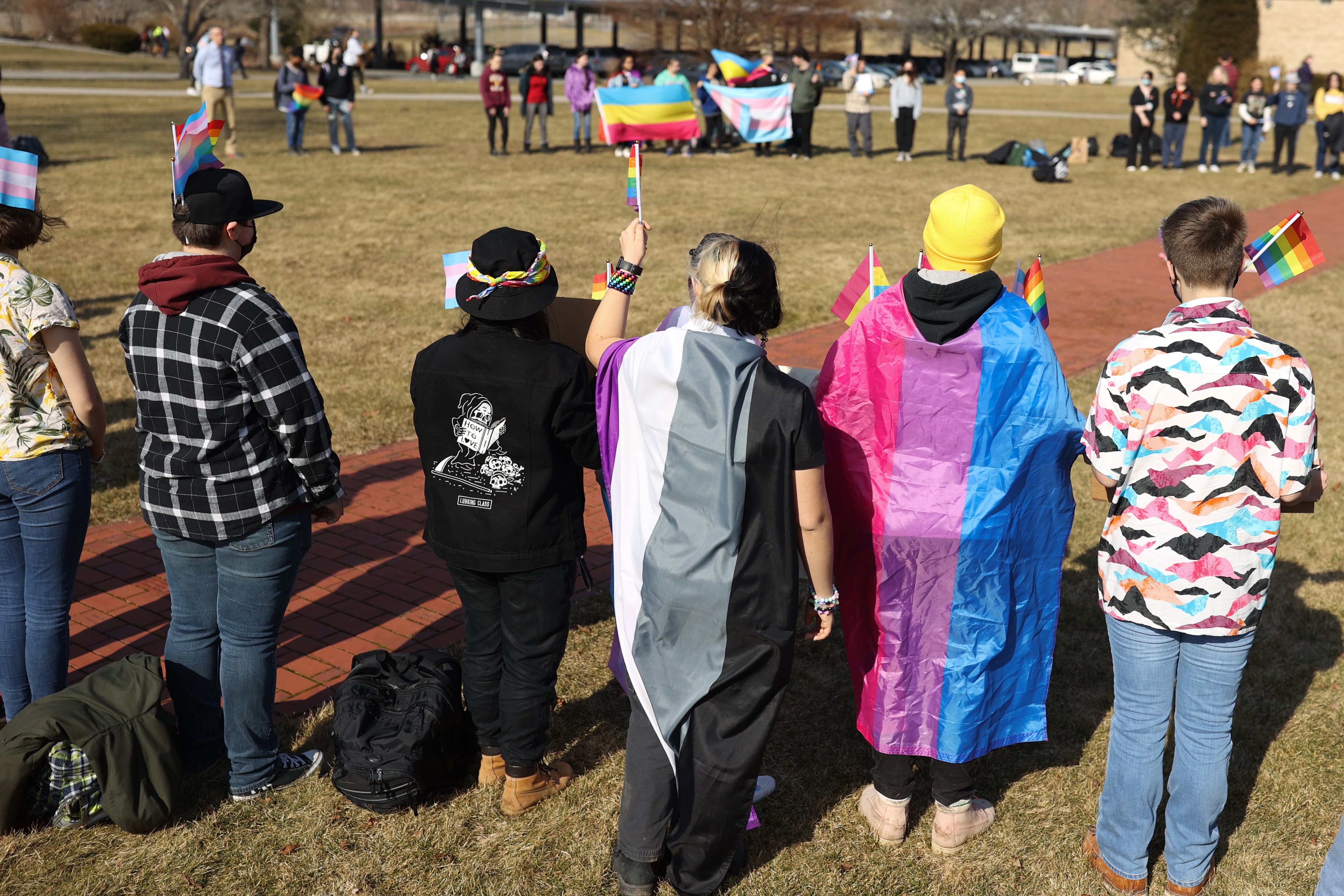LGBTQ students who face discrimination based on sexual orientation and gender identity are protected by the federal law that prohibits sex discrimination at school, according to proposed rules issued by the federal education department on Thursday.
Some schools already applied the law this way, officials noted, but the proposed rules make it clear that the protections outlined in the 50-year-old federal civil rights law known as Title IX apply to LGBTQ students.
“We must see this opportunity to better protect LGBTQ youth, who face bullying and harassment, experience higher rates of anxiety, depression and suicide, and too often grow up feeling that they don’t belong,” Education Secretary Miguel Cardona told reporters. “Today we send a loud message to these students, and all our students: You belong in our schools.”
The proposal is the latest step by the Biden administration to strengthen protections for LGBTQ youth, who have increasingly come under attack by new state laws that limit teaching about gender and sexuality, restrict what bathrooms transgender students can use at school, and limit access to gender-affirming health care. Officials spent the last year gathering feedback about these rules, talking with students, parents, lawyers, and others.
The proposed rules build on a memo federal officials issued last year saying that a 2020 Supreme Court ruling that found sex discrimination includes sexual orientation and gender identity would apply to Title IX.
But federal education officials didn’t weigh in on whether state laws that bar transgender students from participating on school sports teams that correspond with their gender identity run afoul of federal civil rights law. Cardona said the department would undergo a separate process to decide if it will issue rules around eligibility for school sports teams.
“The department recognizes that standards for students participating in male and female athletic teams are evolving in real time,” Cardona said. “And so we decided to do a separate rule-making on how schools may determine eligibility while upholding Title IX’s non-discrimination guarantee.”
The department did not issue a timeline for that process, but officials acknowledged the issue is urgent.
The proposed rules also include stronger requirements for schools to provide reasonable accommodations for pregnant students, and they reverse some of the rules the Trump administration put into place under former Education Secretary Betsy DeVos regarding the investigation of sexual assault and misconduct in schools. Colleges no longer have to conduct a live hearing to evaluate evidence in those cases, for example — which had been one of the most controversial parts of the DeVos-era regulations.
Members of the public will have two months to comment on these proposed rules before federal officials can move forward with putting a final rule into place.
Kalyn Belsha is a national education reporter based in Chicago. Contact her at kbelsha@chalkbeat.org.







